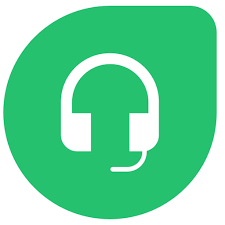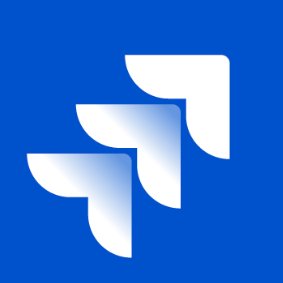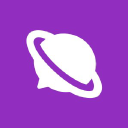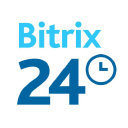How We Started A $1M Event Ticketing Platform From Spain
Hello! Who are you and what business did you start?
Hello to all of you who like to live outside your comfort zone. My name is Juan José Delgado and I am a co-founder of Palco4. Although I'm an engineer in Telecommunications, I've always had a vocation for management and entrepreneurship, so I completed my studies with an MBA to better understand business strategy
I started this adventure 5 years ago after several experiences as an entrepreneur in which I have obtained a great benefit: experience. To achieve this objective, I have left comfortable managerial positions, but I have no regrets.
Palco4 is a disruptive ticketing company, that is, a platform to sells tickets for all kind of events through Internet. We operate in the primary market, making an agreement with promoters, venues, etc. not in a reselling market. We cover all the lifecycle in the ticketing process: internet selling, box-office, access control..
We base our success on:
- The most versatile and powerful platform
- A highly optimized and efficient value chain that allows us to compete on costs
- A different business model...
Sorry, you need to login and/or become a member to view the rest of this content.
More Business Ideas Like This




















